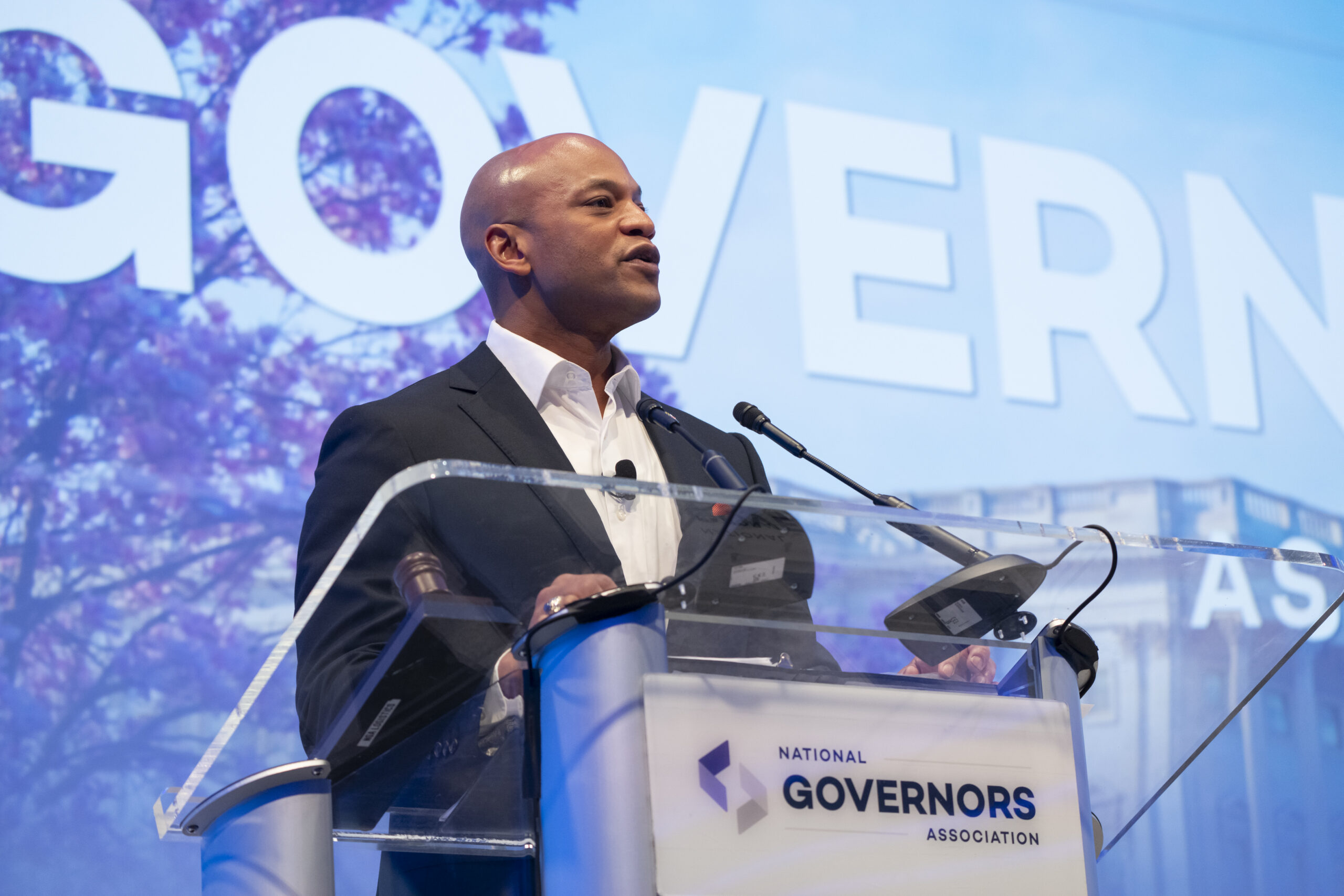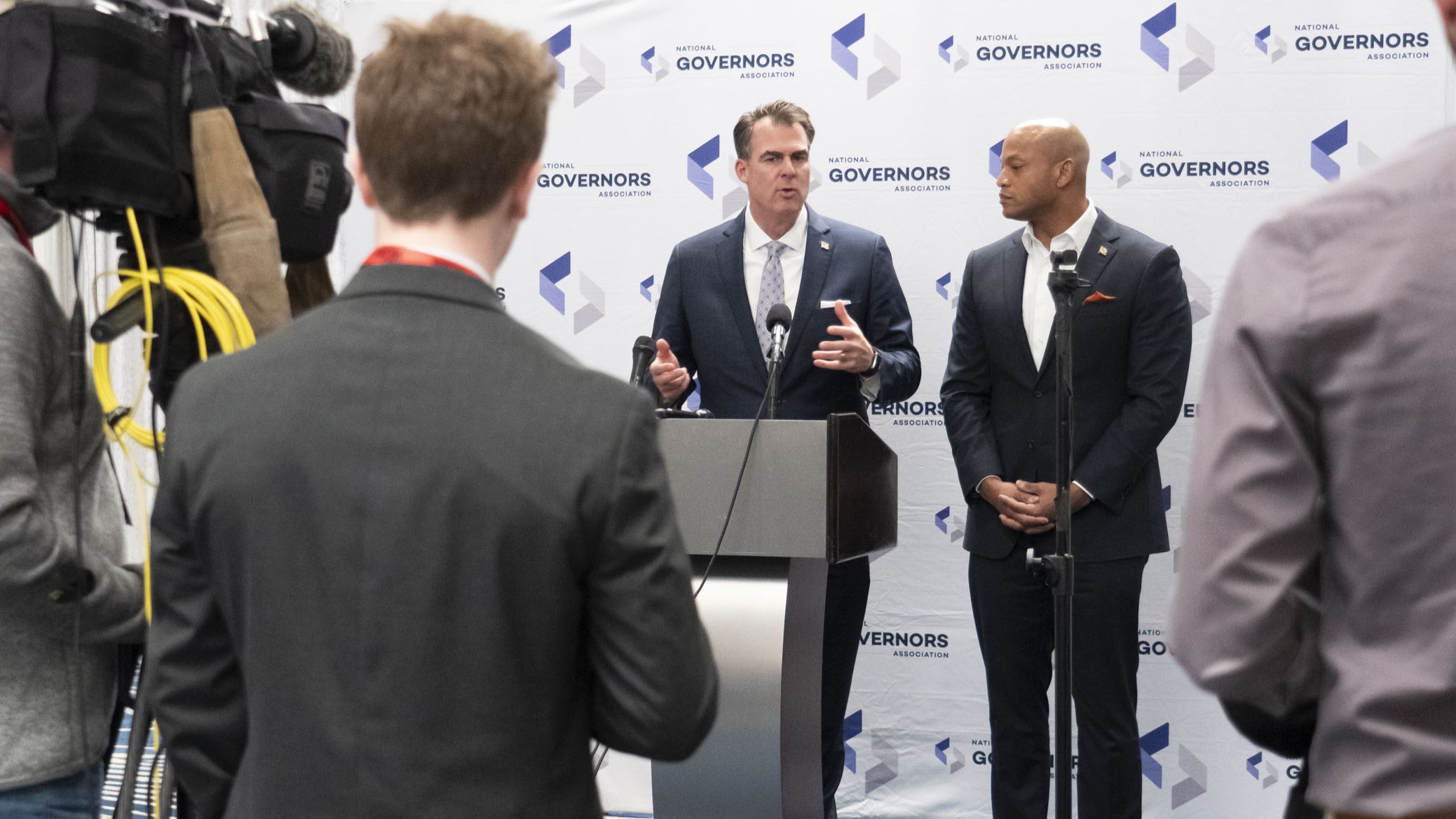NGA defines resilience as the ability to withstand disasters better, respond and recover more quickly, and excel under new conditions.
Governors increasingly face a host of human and natural disasters that threaten the viability of energy, water, transportation and other infrastructure assets that are critical to our way of life. Those disasters include severe storms, wildfires, droughts, inland flooding as well as diverse terrorism and cyber threats and chronic stressors such as poverty, disease, hunger, and violence. The impacts of these threats can be measured economically.
Incorporating resilience into emergency planning, infrastructure systems, and the built environment presents the opportunity to reduce vulnerabilities to future threats, mitigate the impacts of disasters, and lower the cost and effort needed to respond to and recover from disasters.
Resources

Vandalism of telecommunications networks is a growing problem, driven by theft of copper and fiber optic cables for scrap metal. More than 800 incidents are reported each month. That’s 27 ...

National Preparedness Month is observed every September to promote disaster and emergency readiness among individuals, families and communities. Each year, the observance focuses on a specific theme aimed at encouraging ...

Governors are committed to partnering with FEMA to modernize and strengthen our national disaster response system; however, meaningful reform must start with collaboration and transparency. Submitted via email to: FEMAreviewcouncil@hq.dhs.gov ...

Energy is an essential resource for everyday life, economic growth, and security, a fact that is never as apparent as when energy supplies are disrupted. Brief disruptions are inconvenient, but ...

This paper is part of a series published by the National Governors Association (NGA) to identify actions Governors can take to guide their states and territories through intentional and effective ...

Strategies for Governors to address the needs of certain vulnerable individuals during energy emergencies (Download) As states and territories face an increasing range of threats that could compromise energy reliability, ...

Every aspect of modern life depends on a reliable, affordable supply of energy. Energy powers our telecommunications networks, fuels our vehicles, and keeps the lights on and equipment working at ...

The National Governors Association (NGA) held the 2023 Governors’ Advisors Energy Policy Institute in Providence, Rhode Island, August 1-3. This annual Energy Policy Institute convened Governors’ energy policy staff from ...

At the 2023 NGA Annual Meeting, Connecticut Governor Ned Lamont and Vermont Governor Phil Scott, Co-Chairs of the Public Health and Disaster Response Task Force, hosted a policy discussion on ...

From May 16 to 18, 2023, NGA hosted its Quarterly Infrastructure Coordinator Workshop in Washington D.C. With $37 billion in funding for resilience programs in the Infrastructure Investment and Jobs ...






















